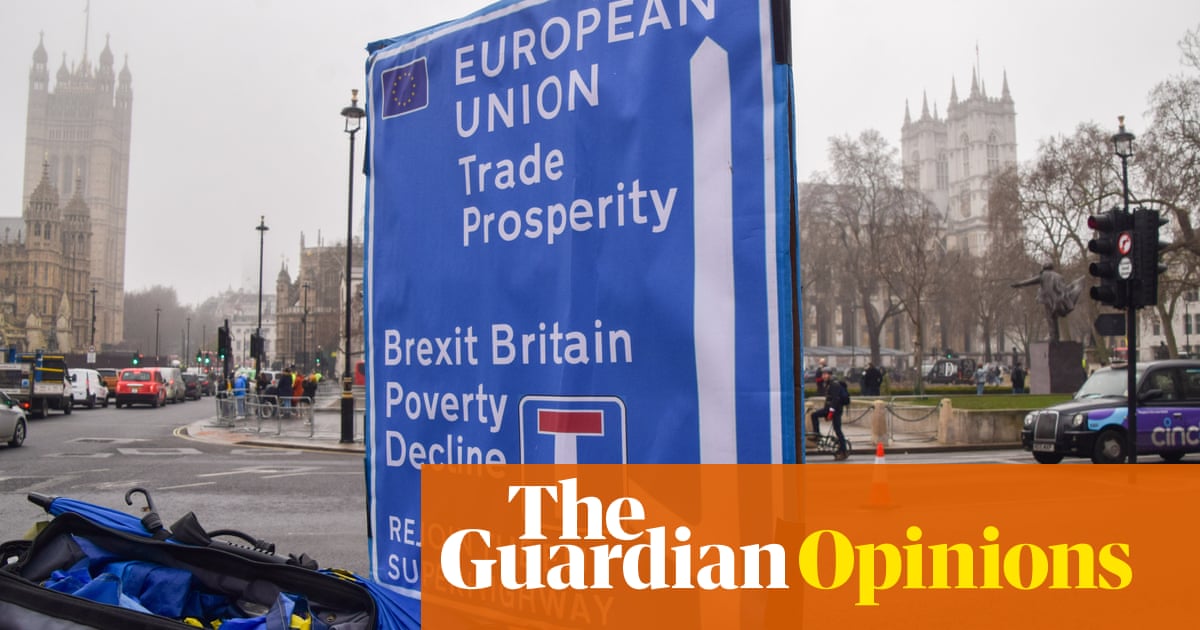
Emily Thornberry has accused the government of failing to carry out an economic impact assessment of Boris Johnson’s Brexit deal, after two key government departments told the shadow international trade secretary they had no such document.
As official figures showed a 40.7% decline in exports to the EU in January, Thornberry wrote to the international trade secretary, Liz Truss, to ask why she had published assessments of many much less significant deals but not the crucial Christmas Eve trade agreement with the EU.
When Thornberry challenged Truss in the House of Commons to produce economic analysis of the deal in January, the minister referred her to the EU taskforce in the Cabinet Office, which spearheaded the fraught negotiations.
But when Thornberry made a freedom of information request to the Cabinet Office, she was referred to the Treasury, which replied that it “does not hold a specific document meeting the terms of your request”.
Johnson’s spokesperson had previously said the government would not be publishing its analysis of the economic impacts of the deal, but Thornberry has now written to Truss to ask whether the government failed to carry out an analysis at all.
“It appears not that the government is refusing to publish the economic impact assessment it has conducted in relation to the UK-EU deal, but that no economic impact assessment was ever produced,” she said in a letter seen by the Guardian.
“For an agreement of such immense importance for our country’s economy, business, jobs and trade, that is utterly staggering. And when we compare it to the approach taken to the assessment of every other UK trade deal signed over the last two years, it makes no sense whatsoever.”
She gave the example of the department’s recent publication of analysis of the deal struck with Albania, a country with which trade was worth £45m in 2019. Trade with the EU is worth 15,000 times as much.
Labour has begun to take a more aggressive approach to highlighting the shortcomings of Johnson’s Brexit deal and the impact on businesses in recent weeks. Keir Starmer whipped his MPs to vote for the deal in December, saying Labour wanted to avert a no-deal exit and that it would still criticise the agreement. But he has made few mentions since of the impact of the end of the transition period on businesses.
David Frost, who negotiated the deal and now sits in cabinet as the minister for EU relations, sought to play down the significance of January’s sharp decline in exports, pointing out that many companies had stockpiled goods before the end of the transition period.
The independent Office for Budget Responsibility has warned that short-term trade disruption is likely to knock 0.5% off GDP in the first quarter of this year.
A government spokesperson said: “Our deal with the EU represents one of the most comprehensive free trade agreements ever signed, and it’s a good deal for British families, businesses and jobs.”
Officials claim it would be impossible for any single model or forecast to capture the complex impact of the agreement on the economy.












